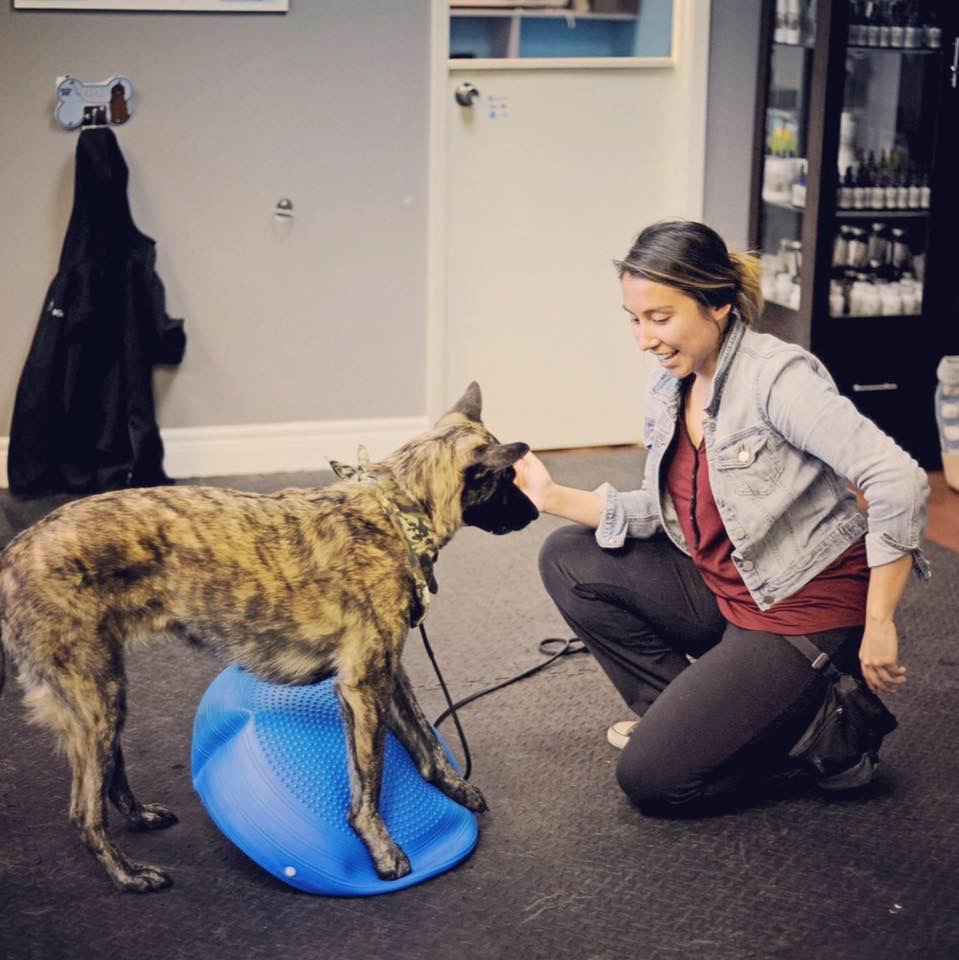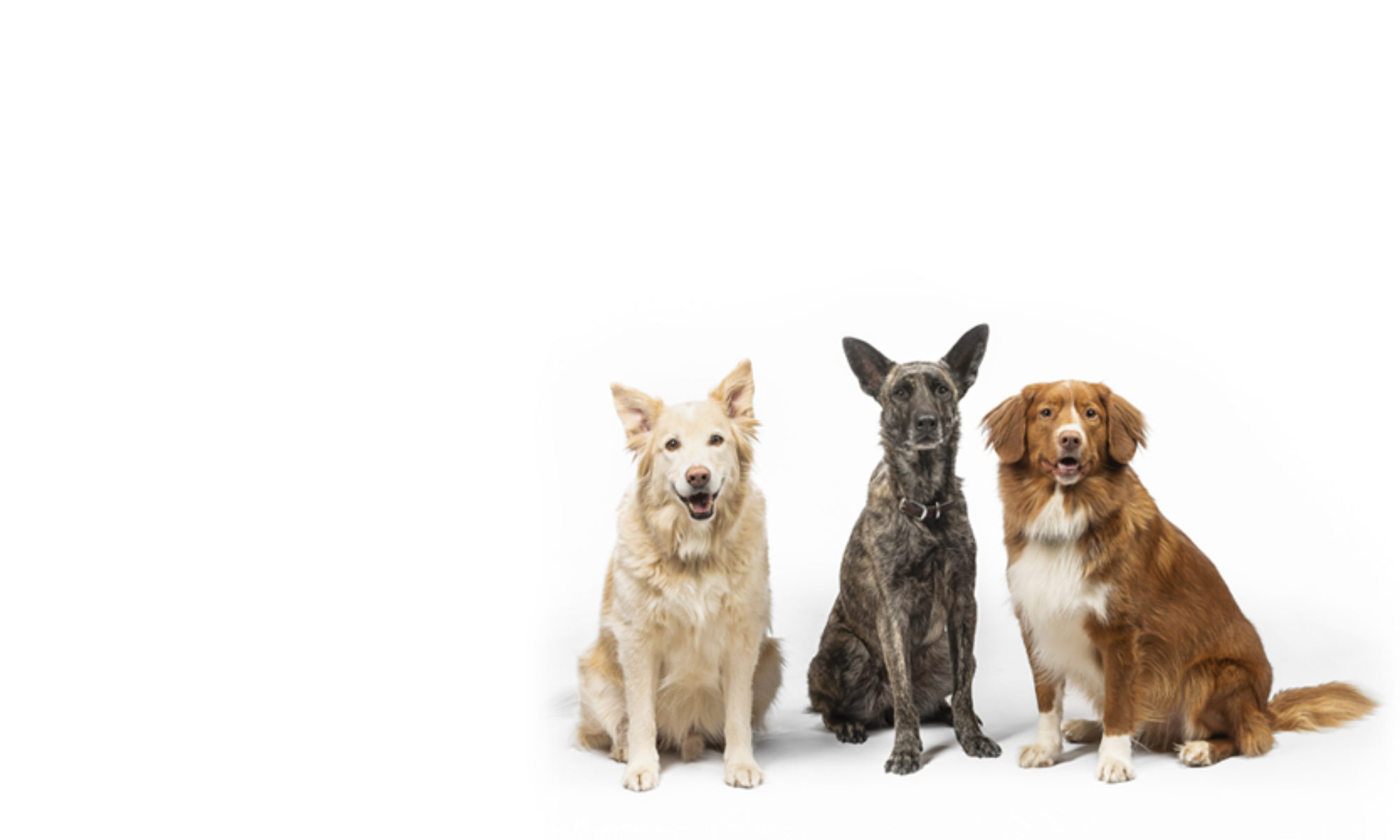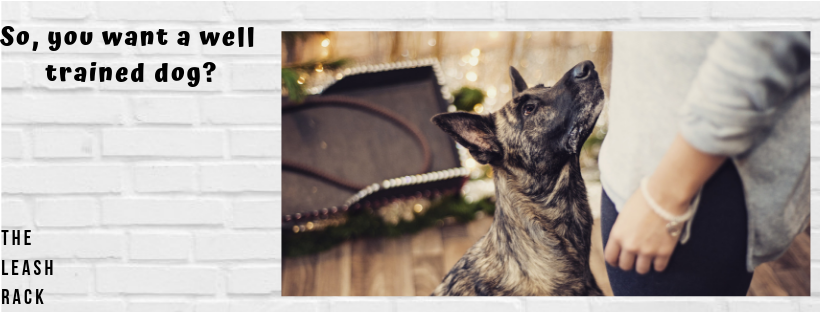When you hire us for training services, we always start with a discussion as to what your behavioural goals are for your dog. This can be specific or general but in most cases the common answers we receive revolve around the following sentence:
We want a calm, good, family dog. A dog we can take places and trust with the kids. We want a well trained dog.
These are not unrealistic goals. They are absolutely attainable. As trainers, goals make us excited and help create a clear guideline for us to help you. Goals for your dog are a fabulous way to narrow down specific behaviours you want to achieve. What normally occurs after our goal setting discussion is an in depth chat about ways to reach that goal – through management and practice sessions.
So, you want a well trained dog?
Here is the truth that no one likes to talk about (but we will because that is why we created this blog!). Training requires work on behalf of the owner and family. Since we are influencing behaviour changes, there are no overnight fixes and no short cuts. Training a dog requires consistent, well-thought out practice. This specific type of practice is known as Deliberate Practice.
What is Deliberate Practice? Simply put it is the intentional and systematic method of improving upon a goal. While regular practice might include mindless repetitions or sessions, deliberate practice requires focused attention and a plan to improve performance over a period of time.
This applies directly to dog training. The more you practice training your dog in a specific skill the better you and your dog will be at that skill. The more ‘SITS’ you work on in your home and outside of it the more your dog will offer it readily and quickly. The more you practice teaching your dog to be calm in distracting environments, the better they will be. Think of it like any other hobby: learning to play the piano, or to play soccer or study. As time passes and the more deliberate practice you carry out, you may start to notice a funny thing: The more you work with your dog, the more they want to work with you.
I like to call that the sweet spot of training. That is where I find my joy – not only with my own dog but in my clients as well…but you have to do the work to find it.

So, if you want a well trained dog, understand that consistency and practiceare the largest predictors of success in reaching your goals. Do you do your homework consistently? Do you follow through on the skills we teach you in class and outside of it? Do you ask for help when you hit a roadblock in your training? Do you put in the hours of practice outside of the classroom or do you simply practice once a week in class?
As trainers, we often face high expectations and scrutiny from owners but the reality is we spend very little time with your dog. Unless they are boarding with us, the dog is rarely in our care and we do not always see them at their worst behaved. So, in order to improve upon those negative behaviors that drive you to hire us in the first place; you have to do the work.
Our job titles don’t help promote this fact. We get it. The term ‘dog trainer’ itself is a bit misleading – the title suggests we work with dogs directly and we do to a certain extent – this is often the easiest part of the process. When it comes down to it, however, what we really do is work with humans. Dog training is about coaching you how to effectively communicate and teach your dog habits that fall in line with your lifestyle. We give you the tools and knowledge, and you need to execute them consistently in order to see improvements.
The truth is although enrolling in classes or private lessons are positive steps towards bettering your dog, training extends beyond these experiences. Expecting your dog to be fully trained after eight weeks of classes is both unrealistic and unfair. Learning occurs outside of the classroom and your home, therefore so to should your training.

Sometimes, when dogs are not succeeding or ‘getting it’ in training sessions and we are frustrated, it can be easy to blame the dog for bad behaviour. Instead, when you are disappointed in your dog’s behaviour, you should ask yourself the following questions
Did I set my dog up for success?
Is my dog ready for this stage of training?
Did I expect too much of my dog, in this specific scenario?
Is everyone is my household being consistent with the training?
And most importantly…
Have I put in the effort working with my dog on this particular behaviour?
Changing your mentality to be proactive verses reactive is fundamental to changing your dog’s behaviour because ultimately we must change ours first. We must get up earlier to walk them, we must manage them appropriately and we must find time do the work.
Think of it like a partnership; as trainers we rely on you to practice the exercises we give you so that we can continuously work towards your goals. The truth of the matter is that we want you to succeed. We fully believe that you can – dogs are intelligent and constantly learning. We want to help you shape that learning into behaviours you desire. We are here to set you on the right path, with the right tools.
So, you want a well trained dog? Time to get to work.

